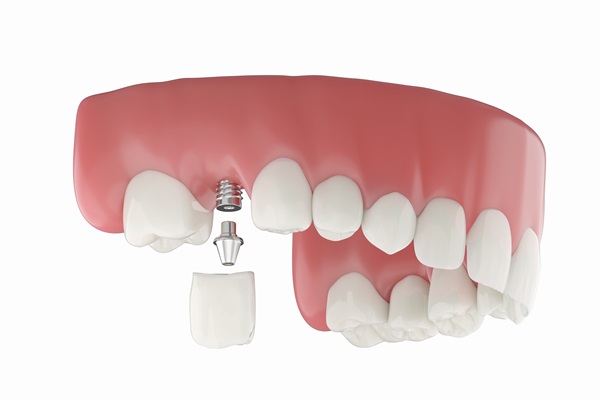Popular Treatments for TMJ

If you have TMJ, you know how painful the condition can be. There are many factors that can cause this condition, so the treatment will vary depending on the patient. Working with a dentist can help you find the right treatment for this disorder. You might make lifestyle changes or treat an underlying condition.
Lifestyle changes
Sometimes, patients can make changes to their lifestyle to help relieve symptoms of TMJ disorders. This can work well for a mild or a moderate case of TMJ. Generally, dentists recommend that patients try to rest the jaw as much as possible. This can avoid triggering the condition. There are several ways to do this:
- Eating soft foods
- Avoiding gum
- Not clenching the jaw
Using either ice or heat, as well as taking over-the-counter medications, can help relieve the pain. Sometimes, dentists may recommend that patients do gentle exercise. This can include stretching the jaw. It can be helpful to gently massage the muscles on the jaw. A dentist can help a patient determine the right combination of exercises and rest.
Treating conditions
Sometimes, TMJ pain is caused by conditions that a patient already has. Treating the underlying condition will help treat the TMJ disorder. A common cause of TMJ is teeth grinding, or bruxism. This causes a patient to clench and grind the teeth during sleep. If a patient has bruxism, then a mouthguard can be helpful. A dentist can give the patient a customized one.
Another way that teeth grinding can be treated is through muscle relaxants. These medications can also help relieve TMJ that is caused by jaw clenching or muscle spasms. A doctor may also recommend tricyclic antidepressants, including amitriptyline. These antidepressants can help manage pain and prevent teeth grinding. For patients who experience sleepless nights, amitriptyline can be helpful when taken in low doses.
In other cases, TMJ is a sign of arthritis or osteoarthritis. Sometimes, getting injections of steroids can be helpful for patients. A doctor will inject the steroid into the joint to reduce pain, swelling and joint clicking. Patients can usually feel results from the injections within a week or so. This may be either a permanent or a temporary fix.
TMJ surgery
Sometimes, cases of TMJ disorders are too advanced to treat with other methods. If this is the case, then a dentist may recommend jaw surgery. There are many causes of TMJ, including damage to the muscles or another jaw. However, if the joint is damaged, then surgery may be the only option. Rarely, an oral surgeon may need to entirely replace the joint.
Visit a dentist today
If you have a TMJ disorder, then it is a good idea to get advice from your doctor or dentist. You should not try a treatment at home unless your dentist thinks it is a good idea. You can risk damaging the joint permanently. You may also not know the extent of the condition until a health care provider evaluates you.
Request an appointment here: https://www.drjstearns.com or call Platte Valley Oral Surgery at (303) 997-0220 for an appointment in our Denver office.
Check out what others are saying about our services on Yelp: Read our Yelp reviews.
Recent Posts
Wisdom teeth extraction may be necessary to achieve better dental health. Research shows that the third molars often emerge after all your teeth have erupted. Wisdom teeth may not be a problem at all. But in some cases, the dentist will recommend their removal. Here are the details on how a wisdom teeth extraction happens.This…
Single-tooth implants use dental implant technology to provide long-term and natural-looking solutions to tooth loss. Since losing only one tooth can impact oral health, function, and appearance, replacing the tooth must be a priority. Here is a closer look at the importance of individual tooth replacement and some compelling reasons to consider single-tooth implants.Having a…
Infections after dental procedures occur frequently and that is primarily due to a lack of education on how to avoid it, however, with the help of an oral surgeon, infections can be avoided in a few ways. Oral surgeons are dental professionals who focus on invasive procedures that are necessary in order to treat or…
Clinical studies show that the dental implant remains the gold standard of dental restorations. Implants can help bring back your smile and dental function. The right dental professional can perform the procedure without any issues. Here are the details on how an oral surgeon approaches a dental implant surgery.Choosing a dentist who has training and…


